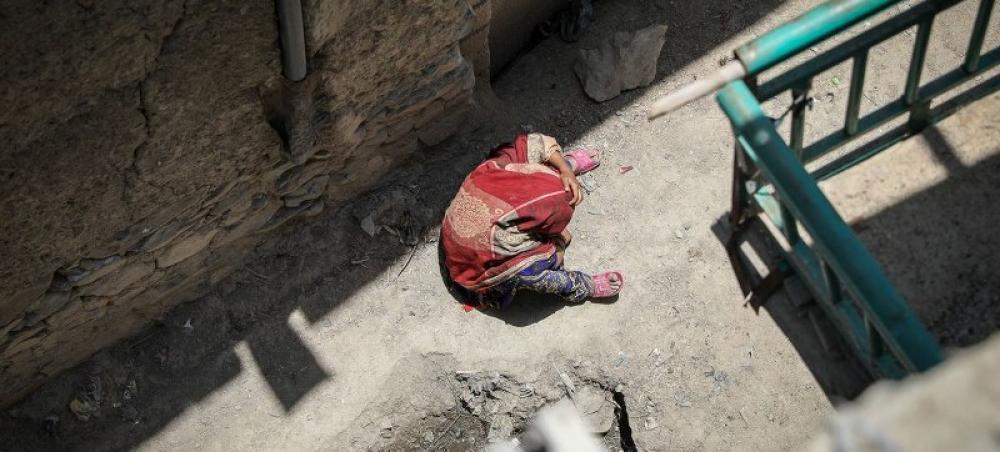Health
State of Health UN lauds progress in malaria fight despite less funding
12 Dec 2013, 06:32 pm Print

New York, Dec 12 (JEN): The number of people killed by malaria has been cut by nearly half in Africa and a slightly lower rate globally, but sustained funding is needed to lower the numbers even more, according to the United Nations health agency which Wednesday released its annual assessment report on the disease.
“This remarkable progress is no cause for complacency: absolute numbers of malaria cases and deaths are not going down as fast as they could,” said Margaret Chan, WHO Director-General.
Global efforts to control and eliminate malaria reduced mortality by 45 per cent worldwide, and 49 per cent in Africa, according to the World Malaria report 2013 published by the UN agency.
That is the equivalent of 3.3 million lives saved between 2000 and 2012, the large majority in the 10 countries with the highest malaria burden, and among the most affected age groups – children five years old and younger.
Despite progress, figures show that universal access to prevention and treatment is still a long way off. An estimated 3.4 billion people are at risk for malaria, mostly in Africa where 80 per cent of the cases occur, and south-east Asia.
An estimated 207 million cases of malaria were reported last year resulting in 627,000 deaths.
“The fact that so many people are infected and dying from mosquito bites is one of the greatest tragedies of the 21st century,” Dr. Chan said.
Interventions to control mosquitos are slowing down, the agency said, noting that access to insecticide-treated bed nets was down for a second successive year due to a lack of funding.
“To win the fight against malaria, we must get the means to prevent and treat the disease to every family who needs it,” says Raymond Chambers, the Secretary General's Special Envoy for Financing the Health MDGs [Millennium Development Goals] and for Malaria.
International and domestic funding committed to malaria control topped at USD 2.5 billion in 2012 – less than half of the USD 5.1 billion needed annually to achieve universal access to interventions.
Progress in fighting malaria is also threatened by emerging parasite resistance to artemisinin, the core component of artemisinin-based combination therapies (ACTs), and mosquito resistance to insecticides, according to the report. Artemisinin resistance has been detected in four countries in south-east Asia, and insecticide resistance has been found in at least 64 countries.
“In the next 10-15 years, the world will need innovative tools and technologies, as well as new strategic approaches to sustain and accelerate progress,” said Robert Newman, Director of the WHO Global Malaria Programme, calling the gains against malaria “fragile.”
Among such innovation, WHO announced that it is developing a global technical strategy for malaria control and elimination for the 2016-2025 period. It is also creating a global plan to control and eliminate Plasmodium vivax malaria which is prevalent in Asia and South America, and generally responds more slowly to control efforts than other strains of malaria.
Last week, international partners to the Global Fund to Fight AIDS, Tuberculosis and Malaria committed USD 12 billion at its fourth replenishment meeting in Washington, DC.
The move “is testimony to the success of global partnership,” said Fatoumata Nafo-Traoré, Executive Director of the Roll Back Malaria Partnership urging adequate and predictable funding to fill the annual USD 2.6 billion gap. “This is our historic opportunity to defeat malaria.”
Infant surrounded by protective malaria bed net in Ghana. Photo: World Bank/Arne Hoel
More Health
- Aiming for 7,000 daily steps can reduce risk of chronic diseases, cognitive decline, and death: Study
- Scientists develop new mRNA vaccine to combat cancer
- Over 14 million infants remain unvaccinated in 2024: WHO
- New study shows vaccine campaigns cut deaths by nearly 60 per cent
- New study reveals relationship between caffeine consumption and slow cellular ageing






